"Avocado consumption continues to grow, although last year the average price fell. Peru has sent 40% less fruit and this has created a gap in the European market. Prospects are optimistic. If consumption and the increase in crop area remain stable, so will prices. This is how speculation will cease. Exploiting the pre-prepared convenience food range, like guacamole, is an option: it allows us to close the ripening circuit of the product and obtain an integral sale of stocks", comments Prudencio López, Manager of Natural Tropic and supplier of pre-prepared convenience food products such as guacamole to large retailers.
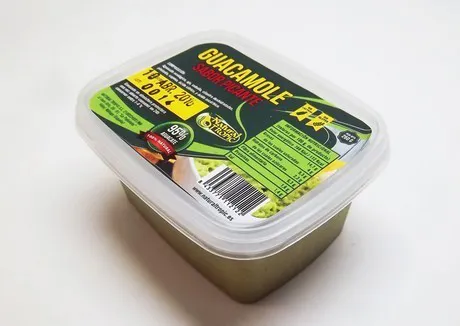 According to the manager of Natural Tropic, the avocado market in Spain is currently growing by 32%, so it is good to focus on the domestic market rather than on exports.
According to the manager of Natural Tropic, the avocado market in Spain is currently growing by 32%, so it is good to focus on the domestic market rather than on exports.
"The buyer's consumption habits suggest that the avocado market is not a bubble and that there are several years of growth ahead. The key is to offer the end customer a mature product to consume on the day of purchase. More than half of supermarkets already have 'ready-to-eat' avocado on their shelves. That is the trend: avocado suitable for immediate consumption", points out Prudencio López.
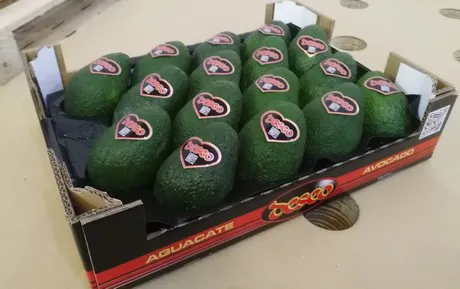 Loquat and Custard apple: a stable national market
Loquat and Custard apple: a stable national market
In Spain the loquat market is not expanding, but the volume of production is stable. Its consumption continues to be mainly national or for neighbouring countries. "It is a delicate fruit. The wind damages the skin. The aesthetic demands in today's market should not be more important than the excellent flavour and texture of our fruit. Consumers want it all: good, nice and cheap", explains Prudencio López.
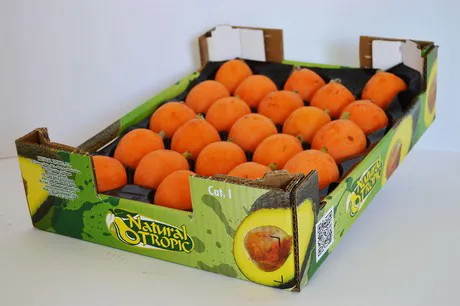 Custard apple has a situation similar to that of loquat with a slight and constant growth in national consumption and in neighbouring countries. The season from September to May has had a sales volume of more than 1,500 tonnes and prices have risen due to the good sizes and organoleptic characteristics.
Custard apple has a situation similar to that of loquat with a slight and constant growth in national consumption and in neighbouring countries. The season from September to May has had a sales volume of more than 1,500 tonnes and prices have risen due to the good sizes and organoleptic characteristics.
Mango, increasingly present on European shelves
Mango also continues its growth, around 7%. The September season comes with lower volumes, between 30 and 40% over the previous year. The oldest farms, with 15-20 years of producing, this year have little production and will be supplemented with young farms that enter production. "The previous year had a lot of volume. Every year new farms are being introduced. It is clear that mango is becoming more and more popular and is present on almost all European shelves, so there is more volume", says Prudencio López.
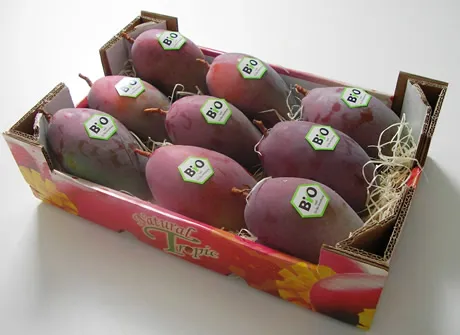 Approximately 70% of the Spanish mango is destined for Holland, Germany, England, Switzerland and France. "Prices are expected to be stable and higher than last season. But it has to be controlled: raising the price too much can slow down consumption causing the opposite effect. Brazil follows our season and benefits from our trajectory, observing prices", says the manager of Natural Tropic.
Approximately 70% of the Spanish mango is destined for Holland, Germany, England, Switzerland and France. "Prices are expected to be stable and higher than last season. But it has to be controlled: raising the price too much can slow down consumption causing the opposite effect. Brazil follows our season and benefits from our trajectory, observing prices", says the manager of Natural Tropic.
The Osteen variety has 75% of the volume. Keitt follows with 15%. Kent, Tommy Atkins and Irving each have 5%. The Osteen variety, with little fiber, is harvested between 8 or 9 Brix, reaching an ideal ripening point in September and October, making it the most popular mango. The mango has more future than the Spanish papaya, which has ceased to be competitive: its Brix and flavor could not compete with Brazil and Mexico. And although the option of growing in greenhouses was considered, it is not a viable alternative. "It is evidence that the climatic conditions in our country go against the tide for papaya. We must accept the reduction of crops," says Prudencio López.
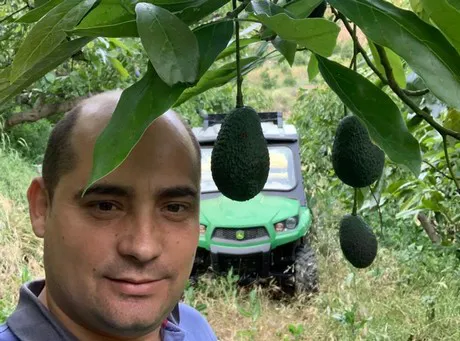
Prudencio López, Manager of Natural Tropic
"Sustainable, waste-free production will complement ecological production."
Our company has a production of 25% organic, much of it is own production. "The Spanish organic sector has experienced rapid growth in the last three years, although volumes are small", comments Prudencio López. Organic farming continues to grow and in the case of avocado and mango there are more and more certified hectares.
Another trend that is gaining weight are products without residues grown in a sustainable way. "An example of the trend is that one of the largest supermarkets in Spain has introduced 'quality of origin' to certify that its products are subject to the policy of sustainability, environment and 'zero waste'", he continues.
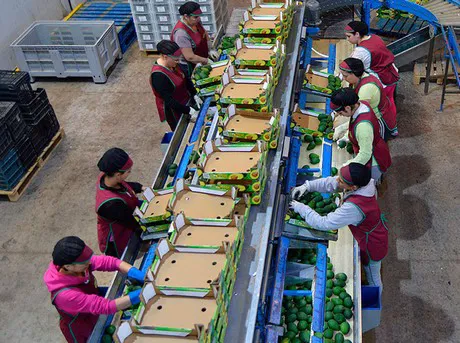 Natural Tropic is a producer, importer and exporter of tropical fruits (avocado, mango, loquat, kumquat and custard apple). Based in Velez-Malaga, it has high quality standards and certifications (Global G.A.P, IFS, CAAE, etc.). 50% of the company's own productions are organic.
Natural Tropic is a producer, importer and exporter of tropical fruits (avocado, mango, loquat, kumquat and custard apple). Based in Velez-Malaga, it has high quality standards and certifications (Global G.A.P, IFS, CAAE, etc.). 50% of the company's own productions are organic.
For more information:
Prudencio López Martínez, Manager
Natural Tropic
C/ Juan Gris 20
P.I. The Handkerchief
29700 Vélez-Málaga (Málaga)
Tel: +34 952 50 77 09
Fax: +34 951 91 97 06
info@naturaltropic.es
www.naturaltropic.es
